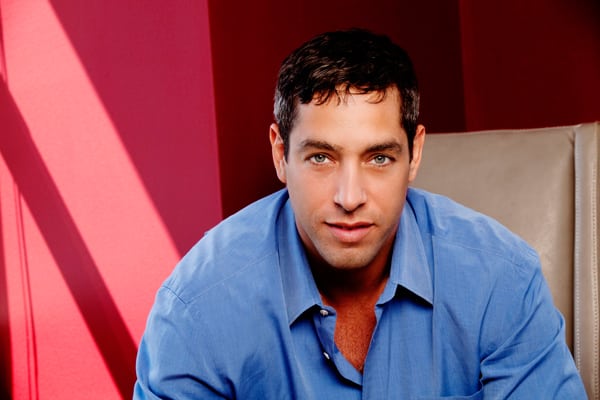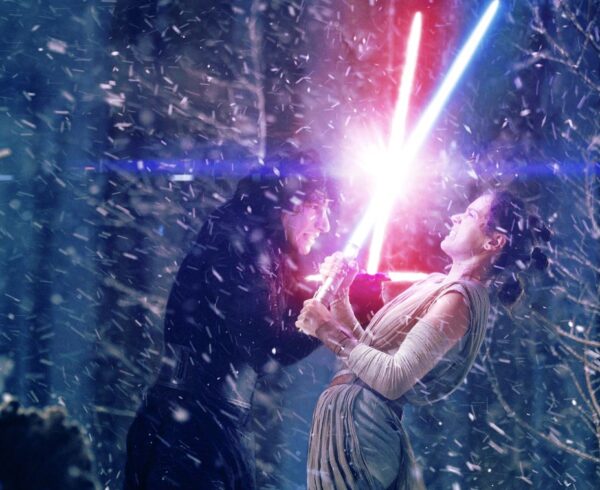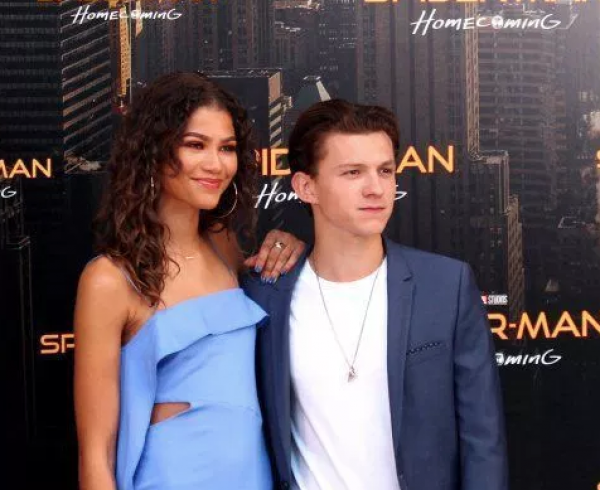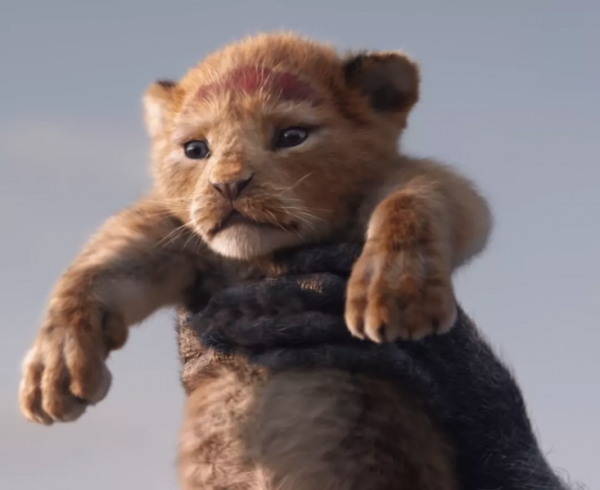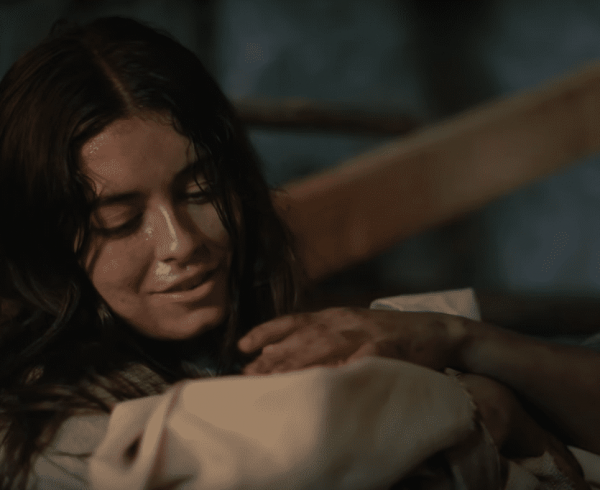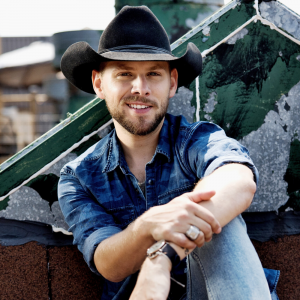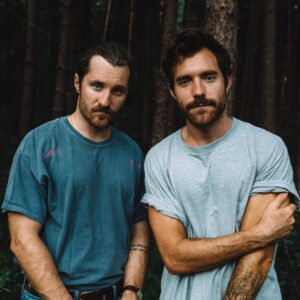Filming the forthcoming historical theatrical narrative Roe v. Wade has involved the most difficult production of Nick Loeb’s 20-year career. Some actors and crew members have walked off the set. He was denied access to various locations in New Orleans and New York City. Critics who haven’t read the script have labeled the film propaganda.
Strangely, despite all of the challenges, Loeb contends that this is most fun he’s had making a movie. As writer, director, producer and actor (he plays Dr. Bernard Nathanson), the process has stretched him in ways he never thought possible. Loeb also knows that wrapping production is just the beginning of the fight to get his movie in theaters and in front of a wide audience.
In this exclusive conversation with SCENES, Loeb talks about the difficulties he has faced making Roe v. Wade (starring Jamie Kennedy, Jon Voight, Corbin Bernsen, John Schneider, Joey Lawrence, Steve Guttenberg, and Stacey Dash), why he decided to take on such a controversial topic, and how he hopes to overcome skepticism from the press and pro-choice advocates.
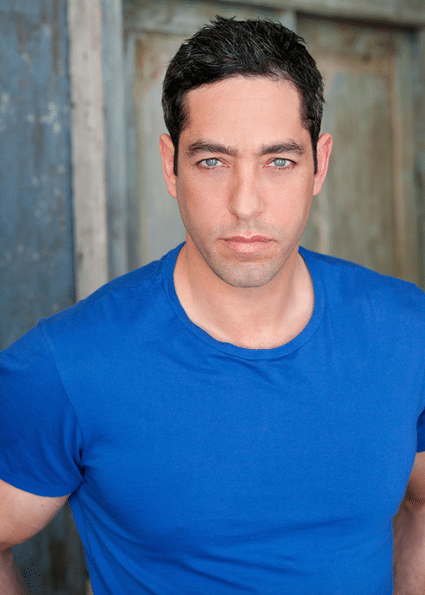 SCENES: Did you know ahead of time that there might be problems with production or were you taken off guard when people started quitting the crew and locations started denying you access?
SCENES: Did you know ahead of time that there might be problems with production or were you taken off guard when people started quitting the crew and locations started denying you access?
NICK LOEB: I did know, which is why we’ve been shooting the film under a pseudonym. It’s a very contentious topic. I’m more surprised about the people that have come to work on the film and know what the film is about and then they change their mind when working on the film because of maybe pressure they’ve gotten from friends and family. I knew we were going to have challenges. That’s why we did zero press. We kept it dark. But then we started doing press late in the process because the (Supreme Court Justice) Kennedy announcement happened sooner rather than later.
SCENES: How did you come up with the idea for Roe v. Wade?
NICK LOEB: A couple years ago, some of my friends were talking about Roe v. Wade and how there’s never been a movie and we should make the movie. And I was like, “I’m not going to made a pro-choice movie. I’m pro-life.” And they were like, “Nick, don’t you know that Norma McCorvey converted to the pro-life side?” And they told me all these things I didn’t know. I read a book about it. Then I read another book. I ended up reading 40 books and then writing a script with a friend of mine. We used over 40 books and court transcripts and letters and speeches. I love history and it ended up being a conspiracy story. Even people that are aware of the history of Roe don’t know the conspiracy side of the story that we uncovered in our research. There will be a lot of surprises for the audience that we’re not letting out yet. But it’s pretty fascinating and pretty incredible and probably, for a lot of people, not surprising. This will upset a lot of people. We didn’t make up anything in the movie, whatsoever. Everything is sourced. Anything that we wrote that might be considered inflammatory we made sure we used double sources and our lawyers vetted it. I would say over 50 percent of our dialogue is word for word, either what they wrote or said. People are going to be upset, but it’s the truth. I would say the first two acts, probably even all the way to the last 10 minutes, is a pro-choice movie. It’s the fight for women’s rights and how they got this case through. And then, two of the main people involved converted and realized it was killing babies—one being Dr. Nathanson, the other being Norma McCorvey. So we showed both sides of the issue. I am pro-life. Our cast and investors are mixed. I think if you want to change hearts and minds, one of the most powerful things you can do is tell the truth.
SCENES: How do you explain why some pundits and critics are labeling your film “propaganda” even though they haven’t seen the film or read the script?
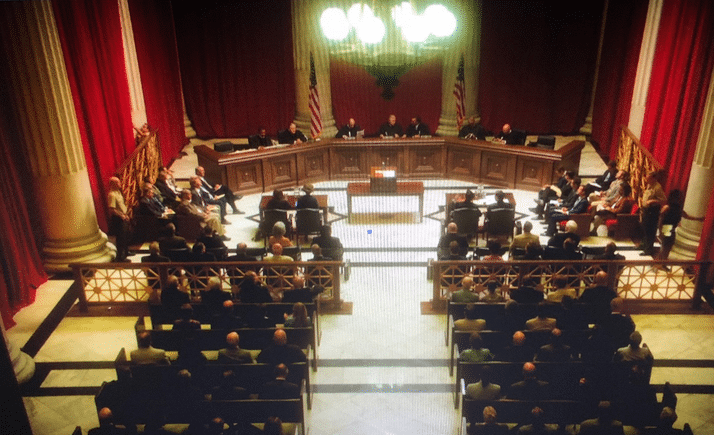 NICK LOEB: This has been going on for decades, centuries. We label groups. We label political classes. We do it throughout society. If you want to label this film propaganda before seeing it, God bless you, because that’s just going to piss off more people and give the film more attention and bring more people to the theaters. I think it’s small minded of people to do that, but that’s just society today. Most of us today are uneducated on a lot of things. I was uneducated on this issue most of my life. I took a very similar life path to Bernard Nathanson. I grew up being taught it was just a clump of cells and there was nothing there. That was my ignorance and I made some mistakes along the way, which I’ve always regretted. But in society, we’ve been taught a lot of wrong things and I hope this film will be a tool to change hearts and minds and get people to see the truth. I’m sure there will be those who are adamantly pro-choice who will think its propaganda.
NICK LOEB: This has been going on for decades, centuries. We label groups. We label political classes. We do it throughout society. If you want to label this film propaganda before seeing it, God bless you, because that’s just going to piss off more people and give the film more attention and bring more people to the theaters. I think it’s small minded of people to do that, but that’s just society today. Most of us today are uneducated on a lot of things. I was uneducated on this issue most of my life. I took a very similar life path to Bernard Nathanson. I grew up being taught it was just a clump of cells and there was nothing there. That was my ignorance and I made some mistakes along the way, which I’ve always regretted. But in society, we’ve been taught a lot of wrong things and I hope this film will be a tool to change hearts and minds and get people to see the truth. I’m sure there will be those who are adamantly pro-choice who will think its propaganda.
SCENES: What were some of the more unusual pieces of history that you uncovered while doing research for the film?
NICK LOEB: Sometimes truth is stranger than fiction. I’ll give you one example in the film. When Bernard was at McGill in residency at the school, the residents used to have a little song. It goes a little bit like this:
There’s a fortune in abortion
Just a twist of the wrist and you’re through
It’s a real song that he wrote about in books. In the movie, our pro-choice team sings it and the actors were like, “This is kind of gross and disgusting. Why did you write this?” And I literally had to bring out the book to show everyone that I didn’t make this up. Everyone was in shock. No one could believe this. So I’m sure that even when the movie comes out, people will think it’s propaganda and that I made it up. Stuff like that is so outrageous, that there’d be this song talking about making money off abortion, the people on the pro-choice side are going to ask, “How can that really be real?”
SCENES: How do you plan to approach the challenge of marketing this film and getting people to support it or at least give it a chance?
NICK LOEB: That’s going to be the biggest challenge. It’s going to be a challenge pre-screening the film for the media and answering questions afterwards—getting up on stage and saying, “Okay, you saw the film. Raise your hand and tell me which part to you think I made up.” Some people will be skeptical of McCorvey and Nathanson’s conversions to the pro-life side and that might be perceived as propaganda. But I’ll try to answer every question and cite every source and they can read it. You have to be open and honest with the media and give them a first look at the film before you release it. Some will lie and some won’t. It will be a battle.

